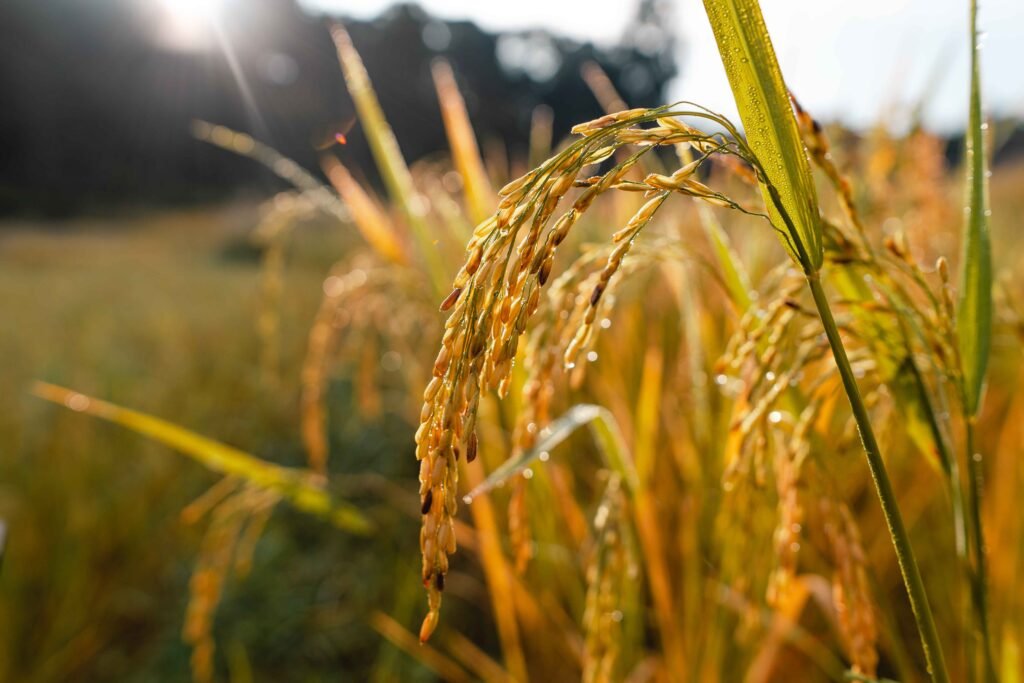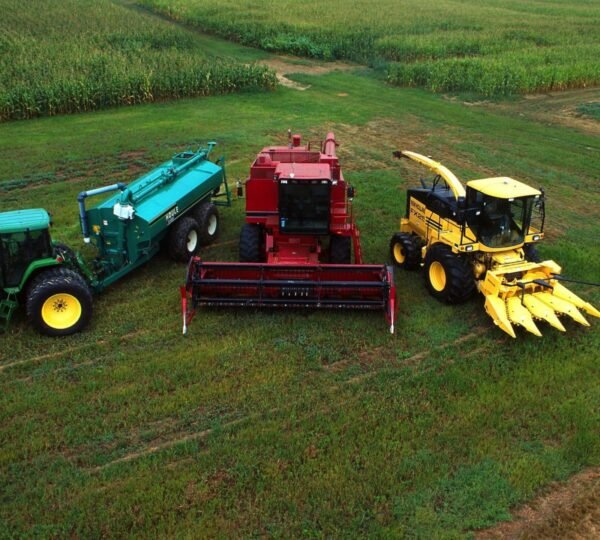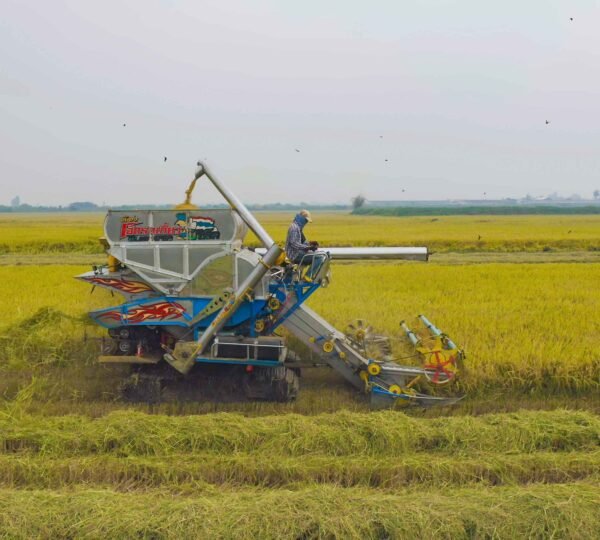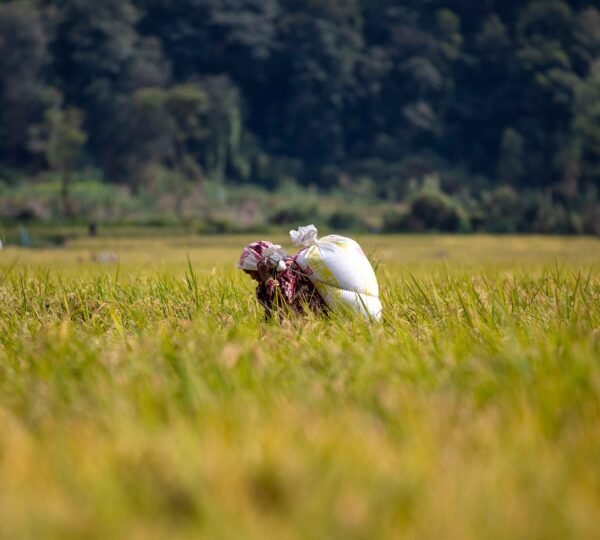Agri-Processing
Agri Food processing sector alone accounts for 21% of Pakistan's GDP and includes the primary processing of fruits, vegetables, flour, sugar, pulses & grains.
Agriculture sector is consider as a backbone of Pakistan economy employing 44.7% of the workforce.
Agricultural processing in Pakistan has significant potential for growth and development.
- The country including its province Sindh is a major producer of cotton, rice, wheat, and fruits like oranges, mangoes, and grapes.
- The province has a large agricultural workforce and a growing demand for processed food products.
- In Sindh, rice is cultivated on 2 million acres and Sindh’s share in National Production is about 40% (3 million tons).
- About 90% of the Sindh’s total production is being exported to lower paying markets at value of USD 900 million to US$ 1,000 million.
- Major varieties of rice Sindh are Irri-6, Irri-9, and D-98
Opportunities
- Export Potential: Sindh can increase exports of processed agricultural products to global markets, particularly in the Middle East and Asia.
- Domestic Demand: Growing urban population and middle class in Sindh create demand for processed and convenient food products.
- Government Support: Sindh Government’s policies and initiatives, such as tax incentives and KIBOR subsidy through SEDF, can encourage investment and growth.
- Access to Ports: Sindh’s coastal location provides easy access to international markets through Karachi Port and Port Qasim.
Key Sectors
- Food Processing: Value addition to fruits, vegetables, meat, and dairy products.
- Textile Processing: Cotton ginning, spinning, weaving, and finishing.
- Agro-based Industries: Production of animal feed, fertilizers, and pesticides.
Potential Project Opportunities
- Greenfield Projects: Establishing new agri-processing facilities.
- Brownfield Projects: Upgrading existing facilities to increase efficiency and capacity.
- Joint Ventures: Collaborations between local and international companies to bring in technology and expertise.
Key Locations
- Karachi: Hub for food processing, textile processing, and agro-based industries.
- Hyderabad: Focus on food processing and export-oriented industries.
- Sukkur: Specialized agri-processing zone for value addition and exports.
Sindh’s agri-processing sector offers attractive investment opportunities, with potential for growth, job creation, and economic development.
Major Rice growing districts of Sindh
Upper Rice Belt | Lower Rice Belt |
|---|---|
Larkana |
Kashmore |
Dadu |
Thatta |
Shikarpur |
Badin |
Qamber Shahdadkot |
Sujawal |
Jacobabad |
Sources: Ministry of National Food Security and Research, Economic Survey of Pakistan, Pakistan Bureau of Statistics, State Bank of Pakistan
Pakistan is a major producer and exporter of rice, with Sindh province contributing significantly to national production. Sindh’s major varieties include Irri-6, Irri-9, and D-98, along with minor varieties like Super Basmati. Key rice-growing areas in Sindh include Larkana, Dadu, and Thatta districts.
Efforts to modernize rice husking mills have led to improved operational efficiency and profitability. Additionally, a partnership model between growers and exporters aims to enhance on-farm practices and establish state-of-the-art processing mills.
Future plans include encouraging investment in rice husk pellet units and rice commodity derivatives like rice bran oil extraction and rice pasta.

Investment
Stories

Agreement between SEDF, NBP and Service Provider(s) for Markup subsidy to Rice Farmers for Mechanization of Farm Level Practices
There is a huge potential/gap for mechanization of farming processes, which includes:- Supply of Quality Seeds
- Laser Land Levelling (15-20% reduction in water usage)
- Mechanical Transplanting (Increase in plantation per acre from 70,000 to around 95,000)
- Modern Harvesters (customized for rice)
 Ali Ali Rice Mill had obsolete and outdated machinery and equipment installed with no fire alarm system and ordinary electrical wiring that caused fire incident. In result, entire mill was burnt. Ali Ali Rice Mill has availed the BMR Scheme to upgrade the mill with improve equipment and machinery and safety systems.
Ali Ali Rice Mill had obsolete and outdated machinery and equipment installed with no fire alarm system and ordinary electrical wiring that caused fire incident. In result, entire mill was burnt. Ali Ali Rice Mill has availed the BMR Scheme to upgrade the mill with improve equipment and machinery and safety systems.
Read More
 SEDF in association with Garib Sons (Pvt.) Limited has introduced Partnership b/w Rice Growers & Processors/Exporters in the Rice value chain
SEDF in association with Garib Sons (Pvt.) Limited has introduced Partnership b/w Rice Growers & Processors/Exporters in the Rice value chain Twofold Benefits:
- Premium Price to Farmers for quality output (exclusion of middleman)
- Quality Output for the Processors/exporters

